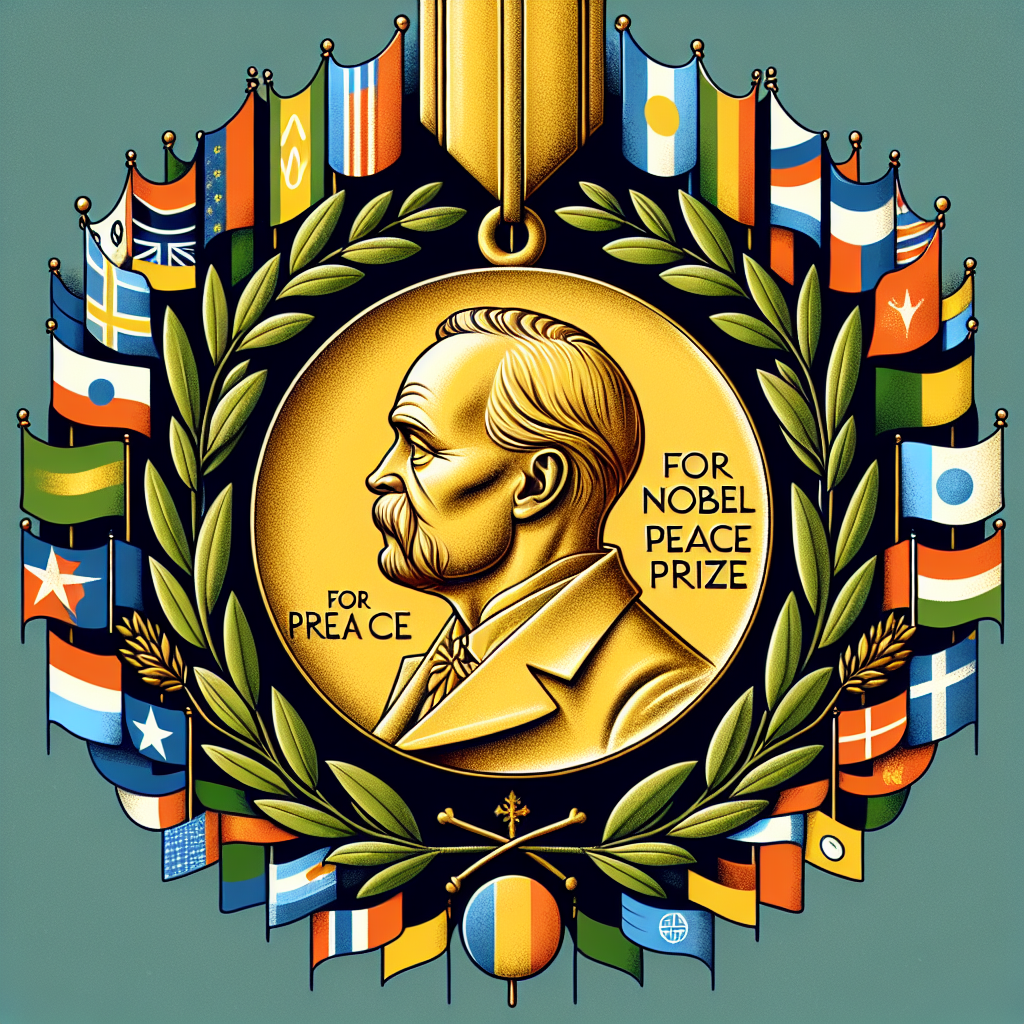Trump's Nobel Nomination: A Path to Peace or Political Message?
The Nobel Peace Prize, a prestigious global accolade, has been the subject of political discourse with Israeli PM Benjamin Netanyahu nominating U.S. President Donald Trump. This move underscores the complex dynamics surrounding the award's history, selection, and controversies, questioning the intersection of peace efforts and political influence.

The Nobel Peace Prize, regarded as one of the world's most esteemed accolades, has taken center stage as Israeli Prime Minister Benjamin Netanyahu has put forth U.S. President Donald Trump for consideration. Should Trump clinch the honor, he would join the ranks of former presidents like Theodore Roosevelt and Barack Obama.
The prize aims to recognize individuals who advance global peace by fostering international fellowship and reducing military tensions, as per Alfred Nobel's will. Nomination powers rest with a diverse group, including government officials and academic figures, with decisions made by the politically diverse Norwegian Nobel Committee.
This year's nomination deadline has already passed, precluding Netanyahu's input for the current cycle. The selection process, marked by both consensus and controversy, highlights the Nobel's sometimes complex relationship with political narratives. The award is slated for announcement on October 10, with the ceremony in Oslo on December 10.
(With inputs from agencies.)
ALSO READ
Economists Concerned Over Fed's Independence Amid Political Influence.
Ukrainian Delegation Meets Turkish Officials Amid Peace Efforts
Australia Loosens U.S. Beef Import Rules: Scientific Decision, Not Political Influence
North Korea Dismisses South's Peace Efforts: A Diplomatic Stalemate
BSF Briefs Manipur Governor on Border Security and Peace Efforts










